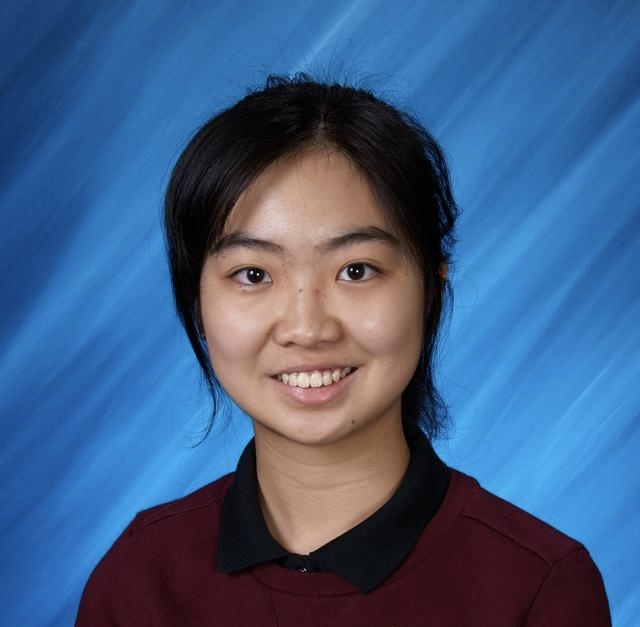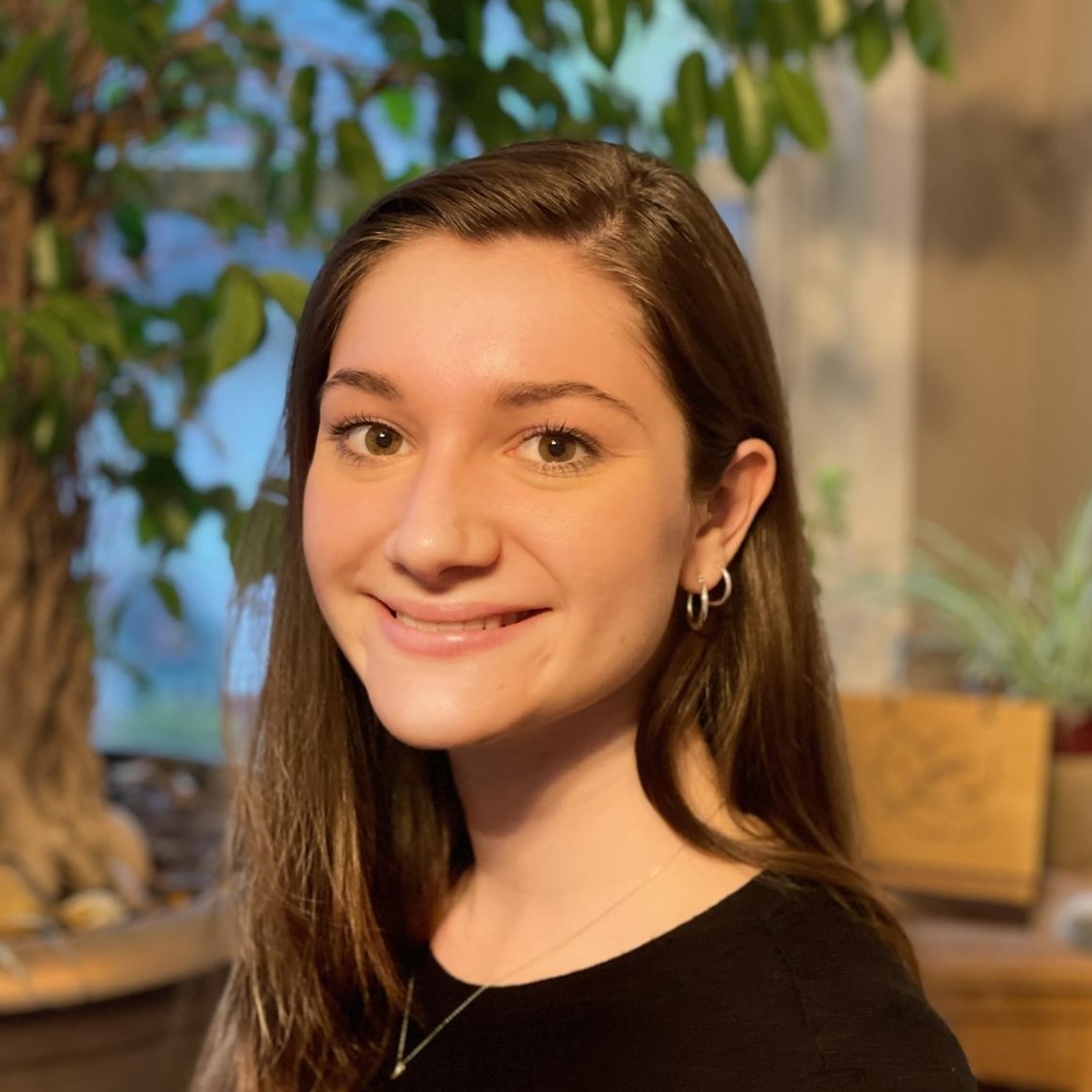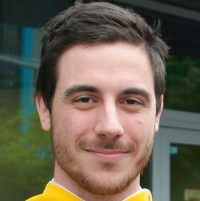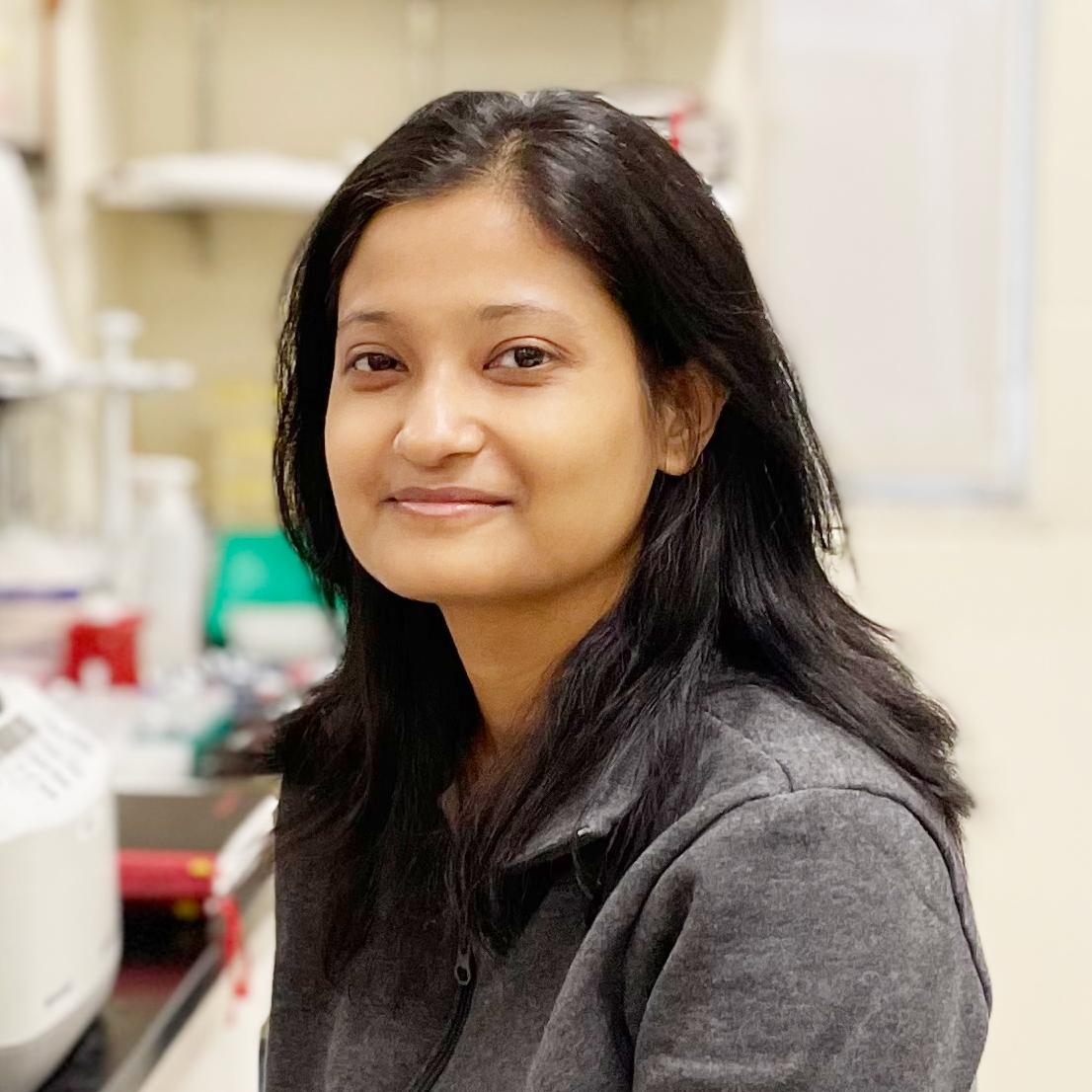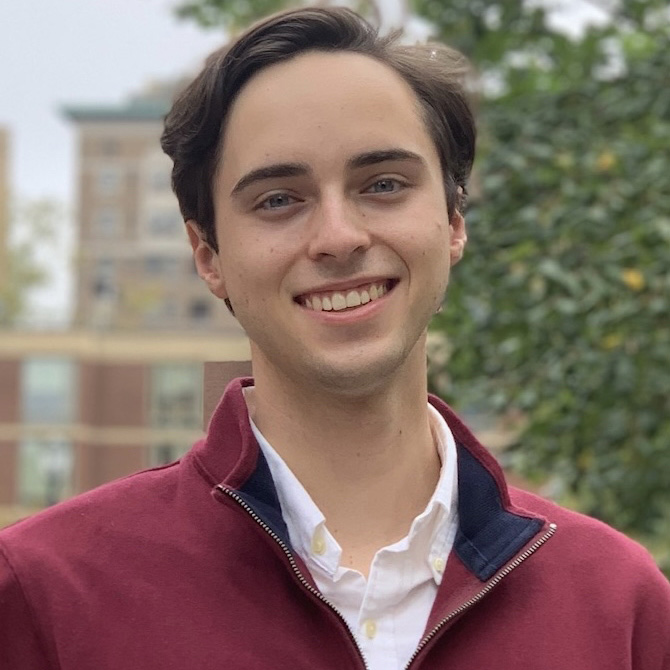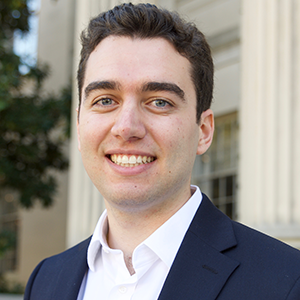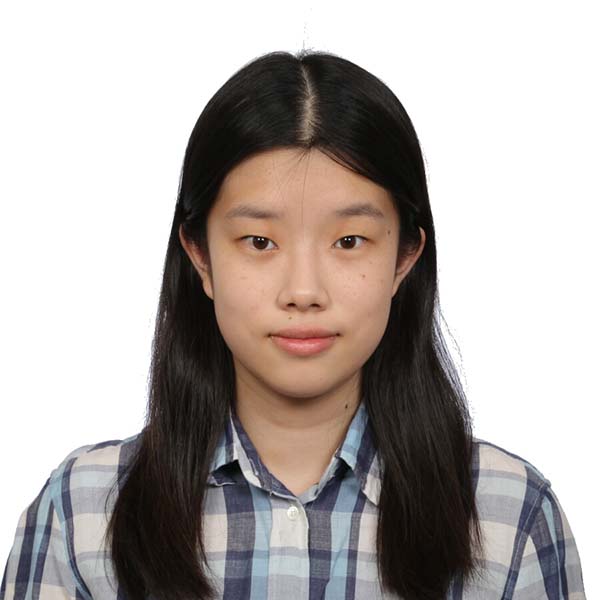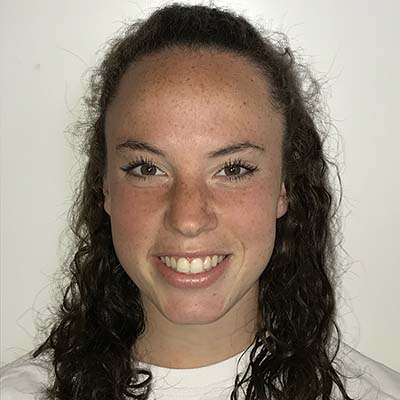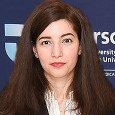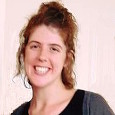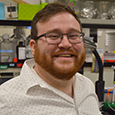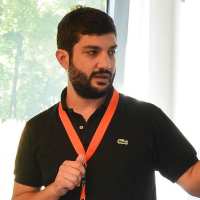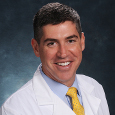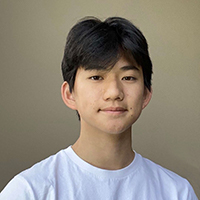Current Members

Alexandra Brandt
Administrative Assistant
Alex is an accomplished Human Resources professional with over 10 years’ administrative experience dedicated to Philadelphia educational and nonprofit organizations. These include the Kimmel Center for the Performing Arts, Temple School of Podiatric Medicine, and St. Joseph's University. She holds a BA from Millersville University.
...Read More
Eleftheria Hatzimichael
Visiting Scientist
Eleftheria Hatzimichael, MD, PhD (born 1975) is a Haematologist, with a strong background and research activities in epigenetics and translational research. She graduated from the School of Medicine, University of Ioannina in 1998 and was trained in Haematology at St. Bartholomew’s Hospital, Barts and the London Trust, London, UK and the University Hospital of Ioannina, Ioannina, Greece. For her achievements she was recently been awarded a prestigious early-carrier one-year fellowship from the Hellenic Society of Haematology Foundation to work with Dr Isidore Rigoutsos as Visiting Scientist at the Computational Medicine Centre, Sidney Kimmel Medical College, Thomas Jefferson University, US, in the field of non-coding human genome by computational and experimental approaches. She is currently a Consultant Haematologist and the Clinical and Translational Research Leader in the Department of Haematology, University Hospital of Ioannina, Ioannina, Greece and co-investigator in more than 10 phase I-III clinical trials. She has served as a reviewer in 7 journals and she is a member of the Associate Editorial Board of the American Journal of Blood Research.
...Read More
Yi Jing
Senior Research Investigator
Dr. Jing is a research associate at the Computational Medicine Center, Department of Pathology, Anatomy and Cell Biology, Thomas Jefferson University. His research interests include the investigation of underlying mechanisms and functional behaviors of short and long non-coding RNAs in normal and disease states, the study of differential transcription of non-coding RNAs in tumors and other diseases, and the experimental validation of potential roles of RNAs predicted by computational analysis.
...Read More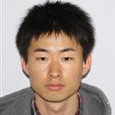
Takuya Kawamura
Research Associate
Takuya joined Dr. Kirino's Lab in 2016 as a postdoctoral researcher. His research is focused on tRNA functions in cancer cell. He received his Ph.D. from the Ehime University, where he studied tRNA biogenesis in archaea and revealed biosynthesis mechanism of archaeal tRNA modification.
...Read More
Yohei Kirino
Professor and Vice Chair for Research in the Department of Biochemistry and Molecular Biology; Professor in the Computational Medicine Center
Dr. Kirino is a Professor in the Computational Medicine Center, and Professor and Vice Chair for Research in the Department of Biochemistry and Molecular Biology. Dr. Kirino joined Thomas Jefferson University (TJU) in mid-2013. The overall research goal of the Kirino lab is to understand biogenesis mechanism and molecular function of short non-coding RNAs (ncRNAs), and use the knowledge for development of novel biomarkers and therapeutic applications in diseases. Short ncRNAs have emerged as one of the most novel and exciting areas of gene expression regulation. By taking advantage of RNA biology/biochemistry, molecular/cellular biology, and computational biology, the Kirino lab is particularly focused on the two classes of short ncRNAs: Piwi-interacting RNAs (piRNAs) and transfer RNA (tRNA)-derived ncRNAs.
piRNAs are a germline-specific class of short ncRNAs which play crucial roles in germline development. The Kirino lab has been utilizing mouse, Bombyx, and Drosophila systems to elucidate the biogenesis mechanism of piRNAs. Recent studies of the lab identified BmPapi as a novel piRNA biogenesis factor (RNA 2013), revealed how cell-cell contact regulates piRNA biogenesis (Sci Rep 2017), and clarified how piRNAs are produced from tRNAs (Nucleic Acids Res 2017). The analyses of tRNA-derived piRNAs prompted them to expand their research efforts to study tRNA-derived ncRNAs in diseases. For the analyses of tRNAs and their fragments, the Kirino lab developed biochemical and sequencing tools: “Four-Leaf clover PCR” for quantification of tRNAs (RNA Biol 2015); “Dumbbell-PCR” for quantification of short RNA variants (Nucleic Acids Res 2016; Methods Mol Biol 2018); “cP-RNA-seq” for sequencing of cyclic-phosphate containing RNAs (Nat Protoc 2016); and “YAMAT-seq” for sequencing of tRNAs (Nucleic Acids Res 2017). Utilization of those methods lead to their recent discovery of a novel type of tRNA halves, termed SHOT-RNAs, which actively spur cell proliferation in hormone-dependent breast and prostate cancers (PNAS 2015). The study suggested a new role for tRNAs and tRNA-derived ncRNAs as a possible target for a new class of cancer therapy.
Prior to joining TJU, Dr. Kirino was Assistant Professor in Department of Biomedical Sciences at Cedars Sinai Medical Center (2010-2013) where he started his independent academic career. Dr. Kirino received his BSc (2001), MSc (2003) and PhD (2006) from The University of Tokyo (Dr. Tsutomu Suzuki’s lab) and performed Postdoc study (2006-2010) in University of Pennsylvania School of Medicine (Dr. Zissimos Mourelatos’ lab).
...Read More
Phillipe Loher
Director, Machine Learning
Phillipe specializes in Big Data processing for biological discovery. Phillipe has worked for the Computational Medicine Center at Thomas Jefferson University for over 9 years where he has designed many algorithms and software systems needed to efficiently analyze thousands of large datasets. His involvement in advanced software engineering algorithms and programs spans more than 18 years. During that time, he has been involved in a large number of applied computer science and computer engineering activities including: machine learning, data analytics, high performance computing, digital signal processing, low level device drivers, mobile phone platform development, security and security encryption algorithms, and cloud-development. Before joining Thomas Jefferson University (TJU), Phillipe worked at IBM Lotus Software for 8.5 years in various Software Engineering roles within the feature development teams. For several years prior to leaving IBM, he served as manager of software engineers and teams located around the globe.
...Read More
Eric Londin
Assistant Professor in the Computational Medicine Center and the Department of Pathology and Genomic Medicine
Dr. Londin received his Ph.D. from Stony Brook University in Genetics. There, he studied the role of fibroblast growth factors in the early patterning of the nervous system. Following the completion of his Ph.D., he began working in the human genetics field as a research fellow at the Coriell Institute for Medical Research (Camden, NJ). While at Coriell, Dr. Londin, began working in the computational biology field, and specifically in population genetics. His worked focused on the identification of efficient ways to measure admixture within the human population. Since 2011, Dr. Londin has been a member of the Computational Medicine Center at Thomas Jefferson University, first as a postdoctoral research fellow, and currently as an assistant professor. His current work is focused on studying the human microRNA-ome (miRNAs). Of particular interest, is the characterization of the number and composition (miRNA isoforms or isomiRs) with in the human genome, as well as elucidating their roles in human disease. In addition to short-RNAs, Dr. Londin has an interest in DNA sequencing and its uses in a clinical setting. As next-generation sequencing becomes more prevelant in a clinical setting, have a better understanding of the benefits and limitations of this technology is of great importance. He has published numerous articles in the field of RNA and DNA sequencing, and sits on the editorial board and acts as a reviewer for multiple journals.
...Read More
Iliza Nazeraj
Software Developer
Iliza joined the Computational Medicine Center as a Software Developer in January 2023. Prior to joining she graduated from The Pennsylvania State University with a B.S. in Computer Science in 2022.
...Read More
Stepan Nersisyan
Postdoctoral Researcher
Dr. Nersisyan joined the Computational Medicine Center as a Postdoctoral Researcher in 2022. He received a Ph.D. in Biology from the Institute of Molecular Biology of the National Academy of Sciences of the Republic of Armenia (2022) and an M.Sc. in Mathematics from Lomonosov Moscow State University (2021). Dr. Nersisyan’s primary research interests lie in uncovering the roles of small non-coding RNAs (isomiRs, tRFs, rRFs, yRFs) in complex human diseases (cancer, COVID-19, neurological disorders) using computational biology methods. In particular, Dr. Nersisyan specializes in developing and applying statistical and machine-learning solutions for mining biological knowledge from small non-coding RNA and mRNA deep sequencing data.
...Read More
Isidore Rigoutsos
Richard W. Hevner Professor in Computational Medicine, Director of the Computational Medicine Center, Professor in the Dept. of Pathology and Genomic Medicine, Dept. of Biochemistry & Molecular Biology, and Dept. of Cancer Biology
Dr. Rigoutsos is the Founding Director of the Computational Medicine Center at Thomas Jefferson University. He joined Jefferson in early 2010 as a Professor with an appointment in the Department of Pathology and Genomic Medicine. He also has joint appointments in the Department of Cancer Biology, and the Department of Biochemistry & Molecular Biology, and is a member of the University's Sidney Kimmel Cancer Center.
Prior to joining Jefferson, Dr. Rigoutsos worked at IBM's Thomas J. Watson Research Center for nearly 18 years. There, he co-founded the Computational Biology Center in 1992. He also founded the Bioinformatics and Pattern Discovery group in 1998 and managed it until his departure from the company. In parallel to his IBM tenure, Dr. Rigoutsos was for a decade (2000-2010) a Visiting Lecturer at MIT's Dept. of Chemical Engineering where he taught graduate-level classes and summer professional courses in Bioinformatics, and co-supervised PhD students. Dr. Rigoutsos’ involvement in the field of Computational Biology spans more than 25 years. Since 1996, his efforts have revolved around the theoretical and practical aspects of pattern discovery and the design of pattern-based solutions to a variety of problems from genomics, genetics, molecular biology and medicine.
Beginning in 2002, Dr. Rigoutsos’ work has been focused nearly exclusively on the study of post-transcriptional regulation by non-coding RNAs, including microRNAs, pyknons, piRNAs, and tRNA-derived fragments. Of particular interest are the questions surrounding the biogenesis of such non-coding RNAs, the mechanisms of action and the automated discovery of their targets, the discovery of novel organism-specific regulatory sequences, and the elucidation of the roles of non-coding RNAs in the onset and progression of disease. Two notable algorithmic contributions by Dr. Rigoutsos are: 1) the Teiresias algorithm (see paper and code) for the deterministic and exhaustive discovery of patterns in one-dimensional data streams. Named after the Greek blind seer Teiresias, the algorithm can guarantee the deterministic and exhaustive discovery of all patterns in a given dataset that satisfy a user's criteria while obviating the need to enumerate the underlying search space. Because of its data agnostic nature the algorithm has found numerous applications in diverse fields including biology, medicine, computer security, and elsewhere.
2) the Berger-Rigoutsos algorithm (see paper) for dynamic gridding when using the adaptive mesh refinement method. When solving partial differential equations in 2 and 3 dimensions, an interesting problem arises: as one works on improving the solution at points needing refinement, it is important to maximize the use of the available computing power while minimizing unnecessary computation. This problem reduces to the problem of embedding the grid points needing refinement into rectangles that are neither too small nor too big. The Berger-Rigoutsos algorithm represents a natural solution to the problem and borrows its key idea from computer vision. Here are two beautiful videos of the algorithm tracking an evolving 2D bubble (watch video) or an evolving 3D bubble (watch video). The Berger-Rigoutsos algorithm is now a standard technique for handling clustering in adaptive mesh refinement.
A graduate of the Physics Dept. of the National and Kapodistrian University of Athens, Greece, Dr. Rigoutsos received a Master’s in Computer Science from the University of Rochester, and a Master’s and Doctoral degrees in Computer Science from the Courant Institute of Mathematical Sciences of New York University.
...Read More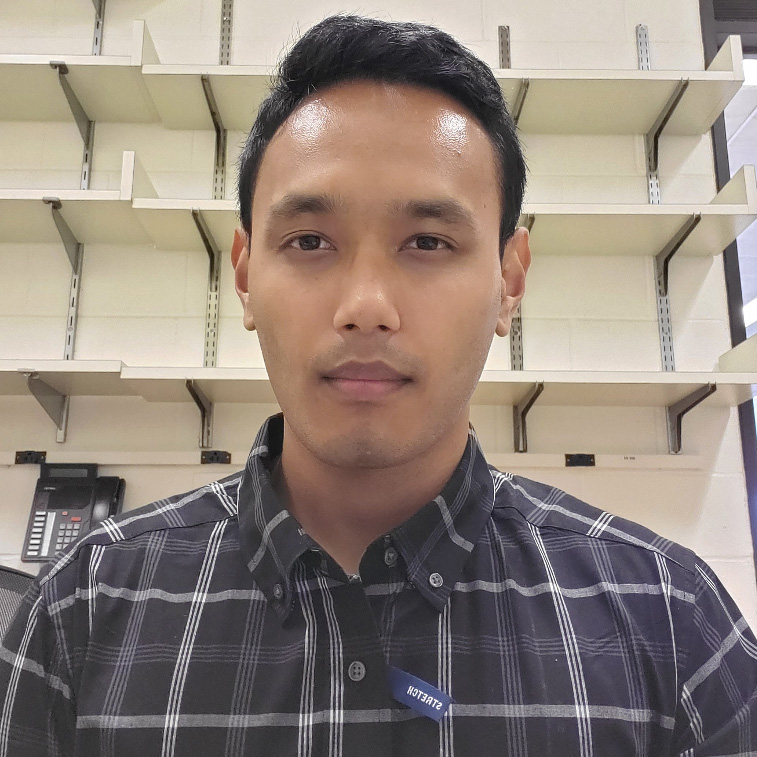
Siddhartha Shah
PhD Student
Sid graduated from the University of Louisiana at Monroe (ULM) in 2019 with an undergraduate degree. He will graduate with a master's degree in General Biology, with a focus on biomedical science, in the fall of 2022.
...Read More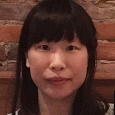
Megumi Shigematsu
Research Instructor
Megumi joined Dr. Kirino’s lab in early 2014 as a research assistant, then joined the Computational Medicine Center in early 2015. She received her Ph.D. from the University of Tokyo, where she studied tRNA biology in the yeast cell and tRNA biochemistry. During her postdoc career, she has been studying functions of non-coding RNAs including tRNA, by the combined strength of biochemistry, kinetics and cell biology. Her research goal is to develop a comprehensive understanding of protein–RNA and RNA–RNA interactions that regulate many of the indispensable cellular activity.
...Read MoreSummer Interns 2025
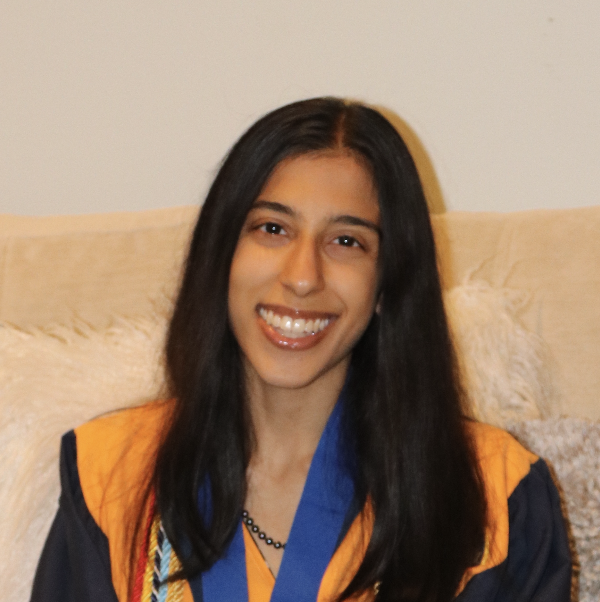
Smera Bhatia
Summer Intern
My name is Smera, and I am a rising fourth-year at Georgia Tech majoring in Computer Science with a minor in Health and Medical Sciences (Pre-Med track). I am passionate about the intersection of technology, healthcare, and business, and I am particularly interested in exploring how computational approaches can be applied to fields such as genetic research and personalized medicine. While I am still in the process of exploring specific medical specialties, I am especially drawn to dermatology and anesthesiology. My long-term goal is to become a clinician who is able to integrate both technical and medical expertise to advance patient care and innovation in healthcare delivery.
...Read More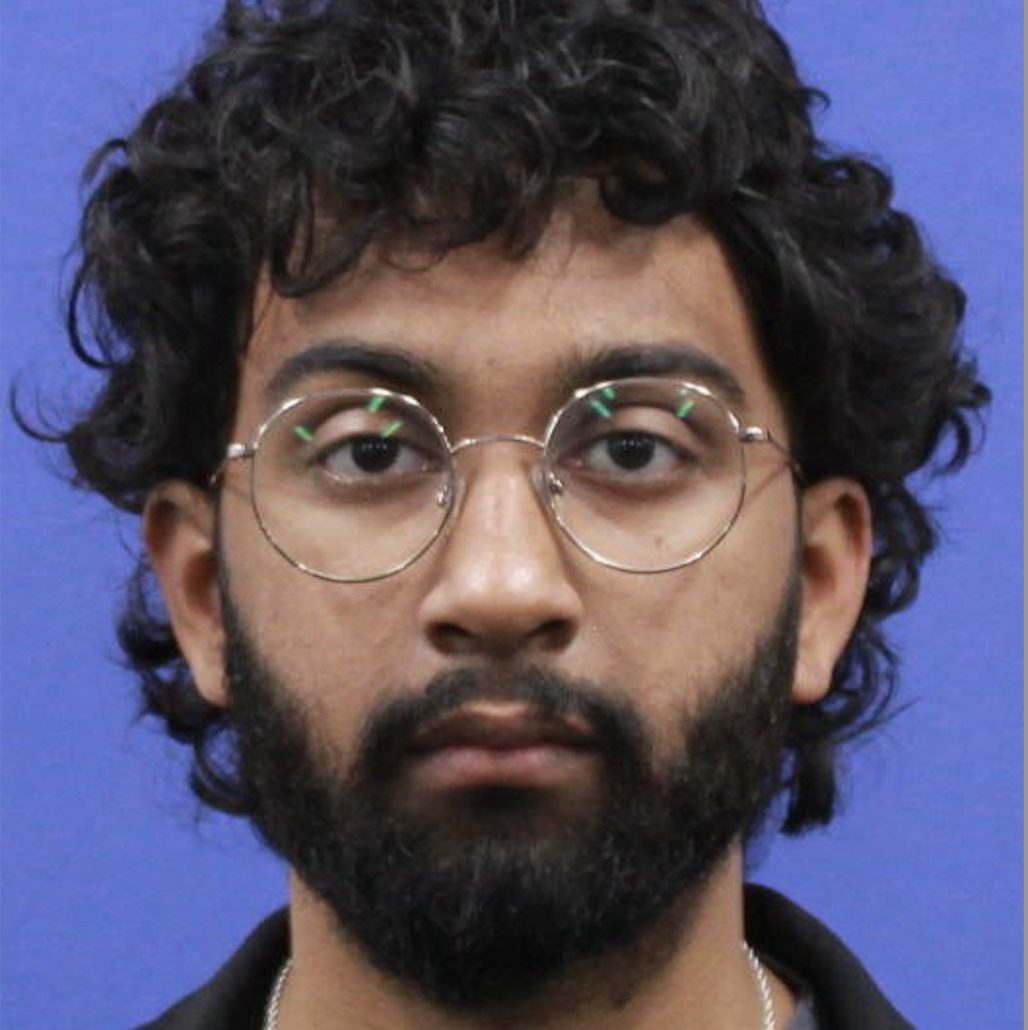
Mahathir Khan
Summer Intern
My name is Mahathir Khan and I am a 4th year undergraduate student at the University of Rochester majoring in Applied Mathematics and Computational Biology. I am interested in the intersection of mathematics and medicine, and how it can be used to develop new cure strategies and identify novel targets. I have special interests in the topics of dynamic models, machine learning applications in medicine, and disease modeling.
...Read More
Saanvi Molugu
Summer Intern
Hi, my name is Saanvi! I'm completing my Bachelor's in Computer Science at Georgia Tech, where I'm an incoming senior concentrating in AI and Simulation. My primary research interests include uncovering cancer mechanisms and treatment strategies using computational approaches. At Georgia Tech's Kamerlin Lab, I applied data science and machine learning methods to analyze enzyme candidates relevant to drug discovery. As I continue on to Sidney Kimmel Medical College, I plan to specialize in oncology.
...Read More
Mithi More
Summer Intern
My name is Mithi More and I go to the University of Rochester where I study Computational Biology. For the past few years, I have conducted research on how human subjects flexibly process visual and motor signals under variable conditions. I am particularly passionate about neuroscience and the complexities of the brain, specifically, the significant potential of machine learning in patient management and neurosurgery outcomes!
...Read More
Rachel Tsang
Summer Intern
Rachel Tsang is an upcoming senior at the University of Rochester, majoring in Computational Biology with a minor in Computer Science. She is currently exploring a variety of subfields to determine her area of specialization.
...Read MoreTechnology Licensing

Heather Rose, Ph.D., J.D.
Vice President of Technology Licensing & Startups
Dr. Heather Rose oversees the team responsible for identifying, protecting, and commercializing innovations developed by Jefferson faculty, staff, and students. She provides strategic leadership for intellectual property management, patent prosecution, startup formation, and industry engagement across the University and Health System. In addition to leading the office, Dr. Rose personally leads select high impact projects in biotech, pharmaceutical, medical device, healthcare, AI, and computational medicine, supporting programs from translational development through commercialization.
Heather Rose, PhD, JD, joined Jefferson Innovation in 2017 and currently serves as Vice President of Technology Licensing and Startups. Prior to Jefferson, she worked for five years at Drexel University’s Office of Technology Commercialization, managing life sciences innovations. Dr. Rose holds a PhD in Cellular and Molecular Biology from the University of Pennsylvania School of Medicine and a JD with a concentration in Intellectual Property Law from Drexel University’s Kline School of Law. She previously conducted gene therapy research and completed internships in pharmaceutical intellectual property law. She is a member of the New Jersey Bar and the United States Patent Bar and is a Certified Licensing Professional.
Alumni






















